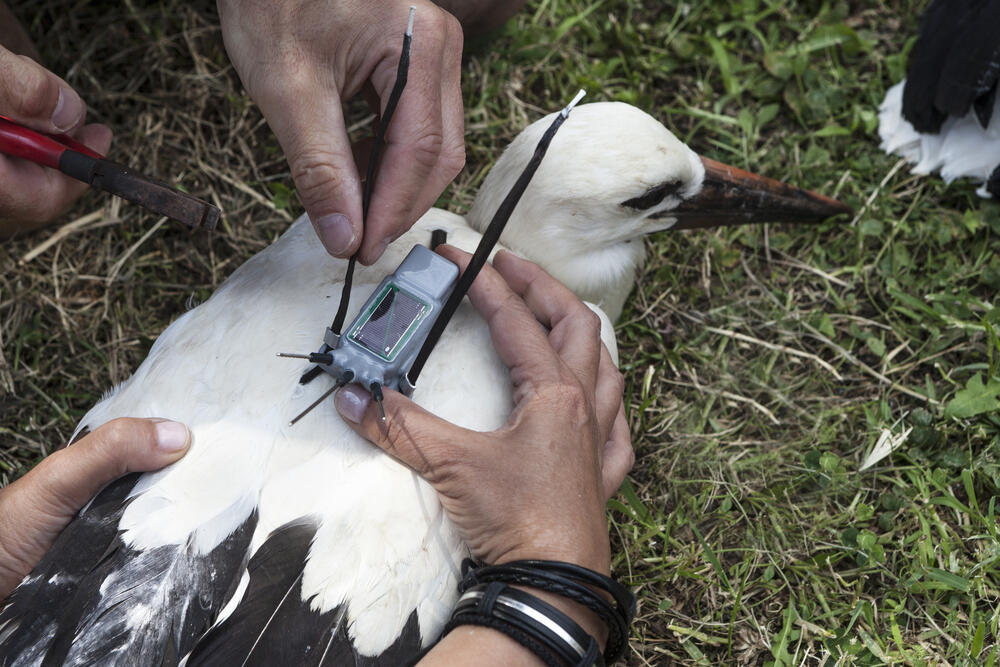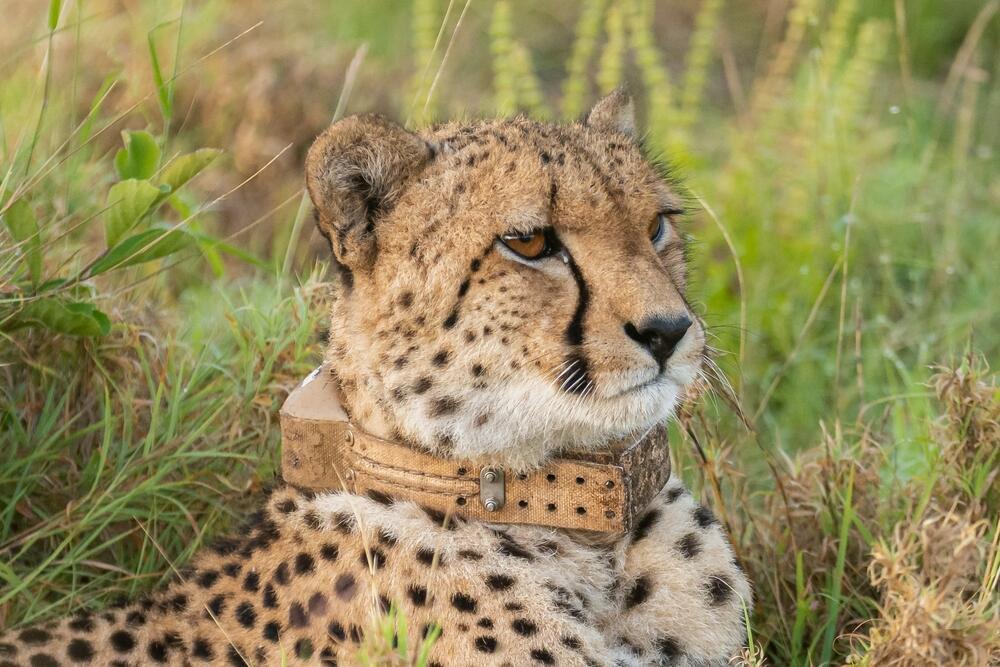In the vast realm of weather prediction and understanding the impact of climate change on our planet, researchers have built an intricate web of satellites, marine buoys, weather stations, and even balloons. These technological marvels play a vital role in gathering data and assessing global trends. However, amidst all these cutting-edge tools, we may have overlooked some of nature's most perceptive and valuable instruments: Animals.
Read more:
Researchers from Yale's Center for Biodiversity and Global Change (BGC Center) and the Max Planck Institute of Animal Behavior propose that by equipping animals with advanced technologies, such as tagging devices, scientists can enhance their ability to measure air temperature, ocean salinity, air pollution, and even the animals' own metabolism. This innovative approach enables animals to serve as valuable allies in gathering essential data, especially in regions of the planet that are hard to reach or remote.
These magnificent creatures possess an innate ability to navigate remote corners of the Earth, providing crucial data that can fill gaps in our understanding, particularly in areas far from human reach, thus harnessing their remarkable abilities to shed light on the intricate workings of our ever-changing world.
By attaching advanced sensors to the bodies of fish, birds, seals, and other animals, we can gather valuable information about how climate change impacts the environment. This data is not attainable through the current technology used by researchers worldwide, regardless of how advanced it may be.
"We can literally turn animals into flying, swimming and walking weather stations," said Diego Ellis Soto, a Ph.D. student at Yale University. “Animals equipped with modern sensors could be seen as the 21st-century version of the canary in the coal mine."
"Animals can be our fine-tuned biological weather stations," remarked Martin Wikelski, the co-author of the study and director of the Max Planck Institute of Animal Behavior.
Gathering comprehensive and localized data becomes possible when animals are utilized for monitoring conditions. For instance, satellites can provide an approximate overview of conditions in sub-Saharan Africa at a resolution of one square kilometer.
"But a white stork with sensors can give us a bird’s eye view of conditions on the ground in seconds," Ellis Soto said.
One of nature's essential methods for capturing the carbon emissions driving climate change is ocean seagrass. Researchers have harnessed the movements of sensor-equipped tiger sharks, which are naturally drawn to mangroves and seagrass, to locate numerous seagrass concentrations in the ocean. This fusion of animal behavior insights with technological progress enables scientists to remotely surveil secluded regions worldwide that humans rarely venture to.
Beyond the untamed corners of the globe, advantages stretch out. During this scorching summer, carrier pigeons came to the rescue, pinpointing perilous urban heat islands - those city spots that sizzle hotter than their neighbors. They also lent a hand in gauging air pollution levels in densely populated regions.
Mindful of potential benefits, Ellis Soto remarked, "We are advocating for an existing byproduct of many modern GPS tracking devices that few meteorologists and biologists are using. It is an untapped gold mine of detailed meteorological information with relevance for weather forecasting and biology alike.”



